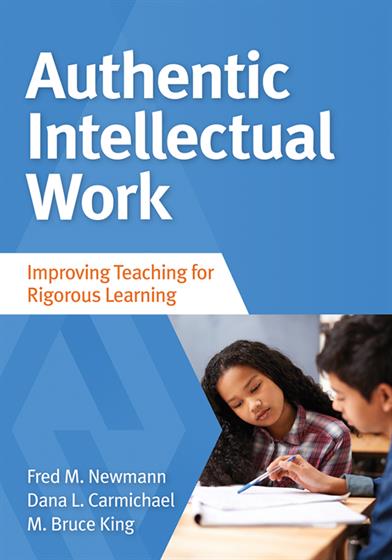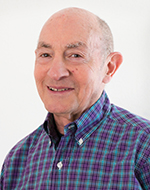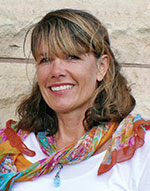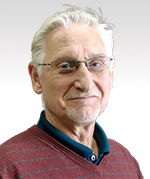Hands-on, Practical Guidance for Educators
From math,
literacy, equity, multilingual learners, and SEL, to assessment, school counseling,
and education leadership, our books are research-based and authored by experts
on topics most relevant to what educators are facing today.

Authentic Intellectual Work
Improving Teaching for Rigorous Learning
This works helps school-based teams improve the quality of instruction, assessment, and curriculum through focused professional learning and the cultivation of disciplined inquiry and knowledge construction.
Product Details
- Grade Level: PreK-12
- ISBN: 9781483381084
- Published By: Corwin
- Year: 2015
- Page Count: 152
- Publication date: December 02, 2015
Review Copies
Review copies may be requested by individuals planning to purchase 10 or more copies for a team or considering a book for adoption in a higher ed course. Request review copy




